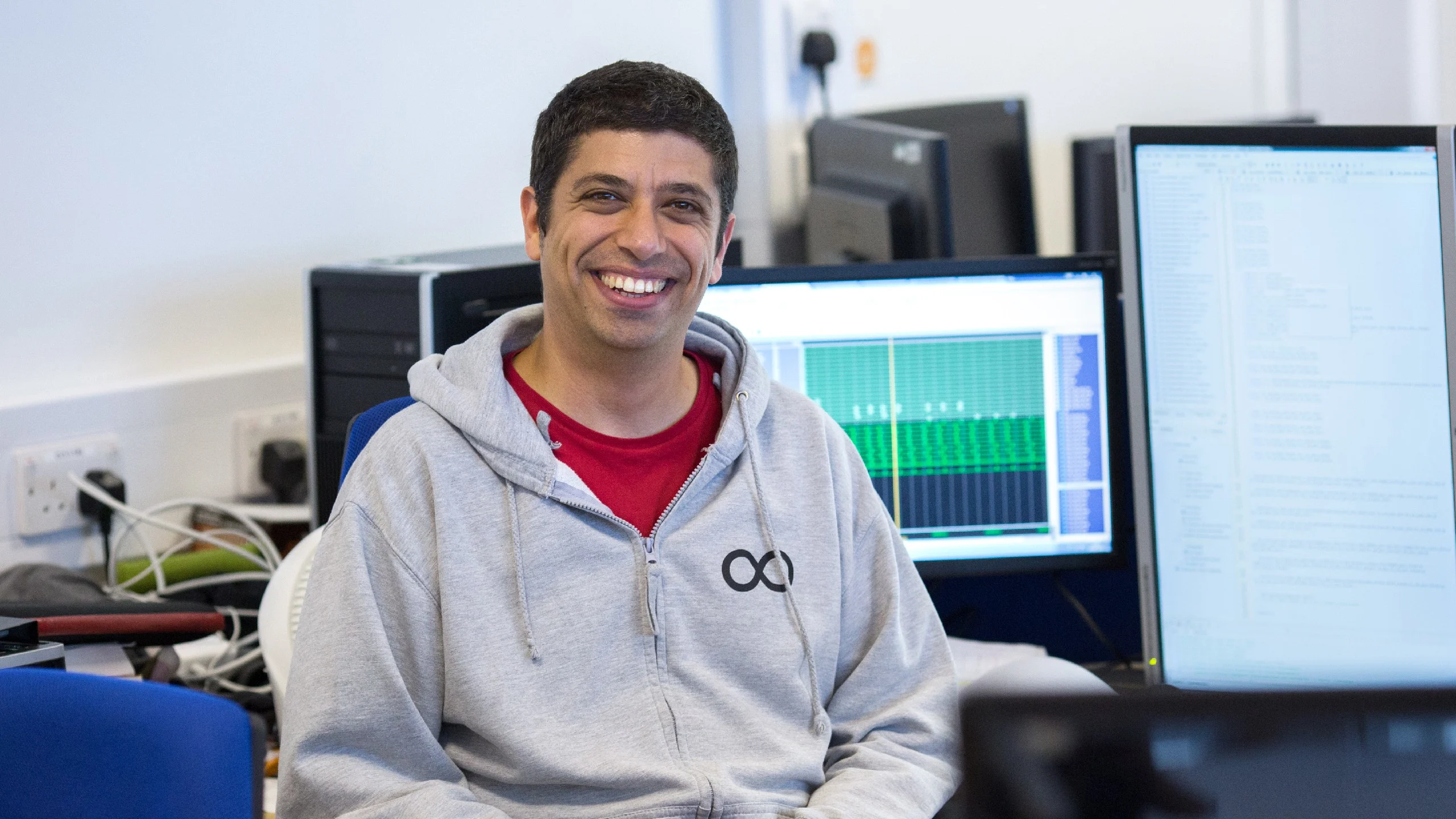Managing workload
Professor George Constantinides – Faculty of Engineering

Professor George Constantinides – Professor of Digital Computation and former Associate Dean for Academic Workload – led the work to improve workload allocation and management for academic staff in the Faculty of Engineering.
Reaching capacity
“One of the key topics that came directly out of the 2022 staff survey was academic workload. Staff across all levels and seniority were worried about the fragmentation of academic staff time and ever-increasing amount of time spent on small administrative tasks. If you’re already at capacity and you’ve been asked to do something else then clearly you have to drop something and there was no real discussion about what it is staff should be dropping. We found that staff had absorbed the view that they just need to work even harder which is not a healthy attitude to have.
Dividing academic time
“I have been working with departments to better manage the amount of directed time such as teaching and supervising projects and also upskilling people to make the most of their undirected time for activities such as research so they are doing things that are good for them and for the university.
“To achieve this, we needed to develop new workload models, especially in departments where there hadn’t been a history of this so we can get a handle on where staff’s time was being spent. There is a university policy which states that departments and faculties should have workload models for academic staff but when I started the role as Associate Dean for Academic Workload in 2021, such models were only formalised in two of the 10 departments in the Faculty of Engineering.
Developing a formalised workload model in the Dept of Aeronautics
“I worked with the aeronautics department to implement a formalised workload model. How this works is that tasks given by the department to staff, such as teaching, will have a certain number of hours required to do that task which is agreed with the staff member. We’ll then look at a spreadsheet of the wider team’s work within the department to ensure that no one is severely overloaded and that there’s equitable distribution. We then share this information to staff to be transparent.
“In that department we aim for 50 per cent of academic staff time spent on undirected activity, primarily research, and the other 50 per cent is spent on teaching, management and administrative tasks over a course of a typical 35-hour week. This has resulted in more equitable distribution of work. Lessons from Aeronautics have been rolled out further, with five of the departments now having formalised workload models and others working on them.
The staff survey gave us really good insights into how staff felt about workload and other issues and I would encourage more academic staff in particular to engage with the staff survey so we can learn about areas of concerns and make further improvements.
Sabbatical leave
“I also set up a focus group made up of staff from a range of roles to discuss issues relating to workload and get their views on how to address it. Workload models and management should not be something that comes from above but developed in partnership with people whose workload we are talking about.
“We also discussed sabbatical leave as a focus group. Sabbatical leave is an opportunity for academic staff to think more deeply about their work. However, take up within departments varies. In one department there had been no staff members taking sabbatical leave over the last five years. This wasn’t because sabbatical leave requests were being refused but there was no culture in that department that sabbatical leave was a thing. I worked with the focus group and heads of departments to look at ways to improve introducing sabbatical leave where there had not been a culture of such leave before.
“I spent a bit of time surveying staff in the department about their understanding of taking sabbatical leave in the first place alongside other workload issues. I then worked with the department’s diversity and inclusion panel to see what a good approach to sabbatical leave would be. What we ended up doing is a semi formal call for applications and showed how people in other departments have used their sabbatical leave to encourage more staff to apply. I also worked with the head of department to ensure we had enough staff capacity in place so we could make the offer of sabbatical leave in the first place. There has been an uptick of people in that department applying for sabbatical leave and we have recruited teaching fellows to help backfill staff who have gone on sabbatical leave.
Impact of the staff survey
“I stood down as Associate Dean for academic workload at the end of November 2023 but I feel we have started to make inroads in addressing workload concerns in the faculty. The staff survey gave us really good insights into how staff felt about workload and other issues and I would encourage more academic staff in particular to engage with the staff survey so we can learn about areas of concerns and make further improvements.”